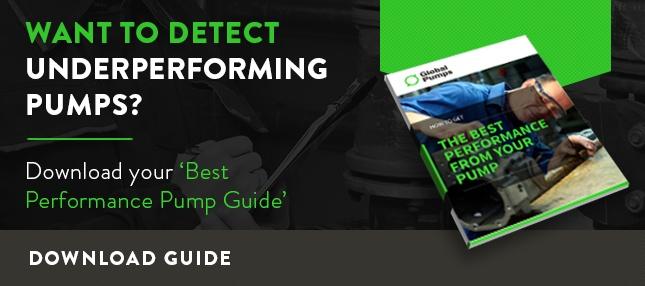Friction can significantly impair your pump's performance. It can reduce your head pressure to such a degree that it can be impossible to transport a fluid efficiently. More than this, friction itself can actually damage your pump, valves, and piping, if the equipment you are using hasn't been specifically designed to handle abrasive substances.
With this in mind, let's take a look at how to calculate friction so that you can better understand how it will affect your head pressure and equipment.
Defining Friction
Friction is simply the resistance between two touching surfaces when at least one surface is moving. In this case, the piping of your system is stationary but the fluid you are pumping is moving.
Friction Loss and Head Pressure
The amount of head pressure which is lost due to friction is often called “friction loss”, and this is a critical part of choosing necessary equipment. It is also an essential part of setting the power level of your pump. The higher the flow rate, the more energy is lost through friction. Therefore, by being able to calculate how much this will reduce your head pressure, you will be able to compensate by increasing the power of your pump.
The manufacturer of your pump should be able to provide a chart which will indicate the friction loss for which you will need to compensate.
How to Reduce Friction
Friction loss can cause serious problems if not anticipated correctly. To ensure you can achieve the head pressure and flow rate you want, keep the following in mind:
- Fluid Abrasiveness: The very first thing you should ensure is that you have the correct equipment in place. Consult with an expert on the type of pump, piping and valves you will need to achieve your goals. Make sure you install a durable pump which is up to the task
- Fluid SG: The fluid specific gravity (SG) will also need to be taken into account when selecting a pump, as the higher the SG the higher the friction
- Distance: The distance you are pumping the material will greatly affect the friction loss. The more piping a fluid has to pass through, the more friction your pump will have to contend with
- Piping Size: The size of your piping will affect the performance of your pump. It is common for smaller pipe sizes to be installed as the project budget did not allow for anything too big
If you are still having trouble with friction and not getting the required flow rate, please contact the service team at Global Pumps and we will be happy to analyse your system to help you improve your process and the efficiency of your pumps.



